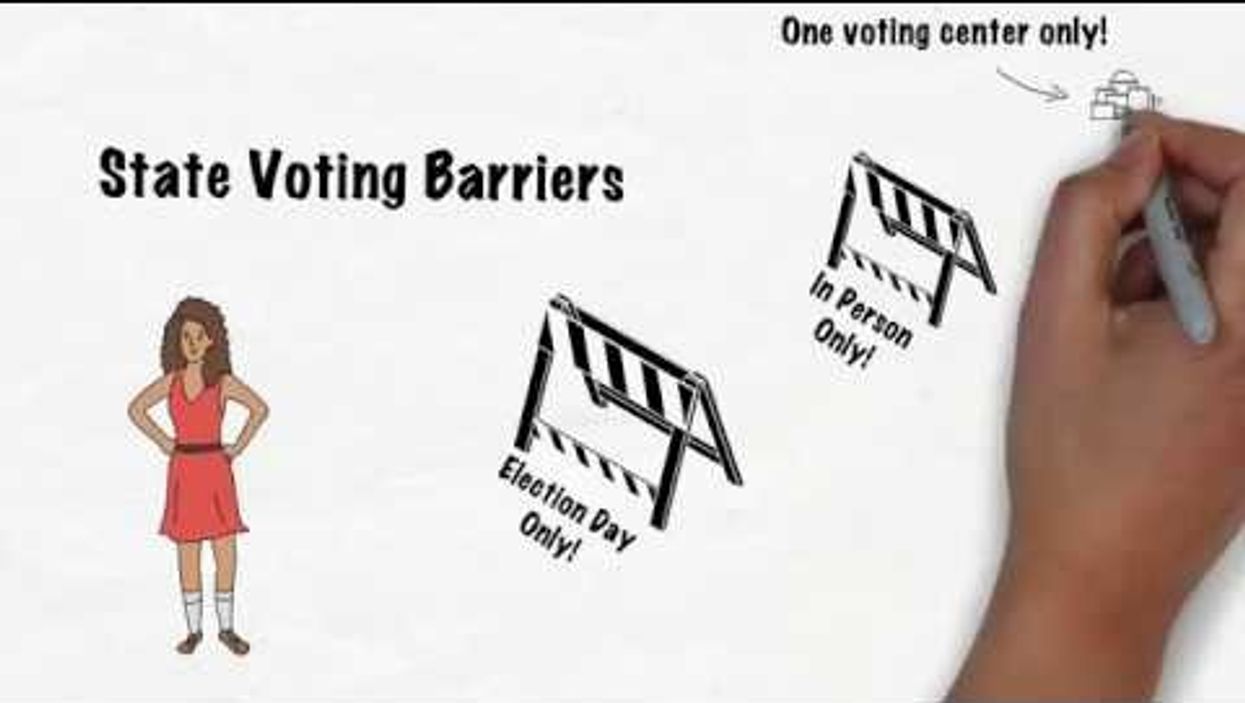Amid a national consensus that casting your ballot while "social distancing" is a best practice during the coronavirus outbreak, the leading advocacy group for minimizing reliance on in-person voting is out with an extensive "how to" guide for state and local governments.
"We have the time, if we act now, to mitigate many of the legitimate concerns both elections officials and voters have, and protect the integrity of the 2020 election," the National Vote at Home Institute said Thursday in unveiling its 11-page report.
It was finalized in a hurry as Congress, an array of state legislatures and the Democratic Party all intensified their interest in expanding voting from home and using the mail as the safest way to protect the electorate during the Covid-19 pandemic, which has made gathering in groups a significant health risk.
The report was packed with logistical guidance, from an array of election officials and experts, to be "a roadmap on how to scale-up the use of mailed-out ballots, with the clear understanding that one size will not fit all, and that in-person polling places will need to be maintained."
As the Senate intensifies negotiations over a $1 trillion package to stimulate an economy hobbled by the rapidly spreading virus, Democrats and good government advocacy groups are seeking Republican support for using the bill to deliver perhaps $500 million in funding to the states for an aggressive expansion of absentee voting — even if there's no agreement to shift this year's presidential election to a predominantly vote-by-mail system nationwide.
The Vote at Home group said any state's decision to make a fundamental switch to such a system would need to happen by April 15 in order for reliable and secure systems to be in place by November.
Oregon, Washington, Colorado, Utah and Hawaii are the states with mail-in ballots for everyone, and such a system is now used in most counties in California, Arizona and Montana.




















